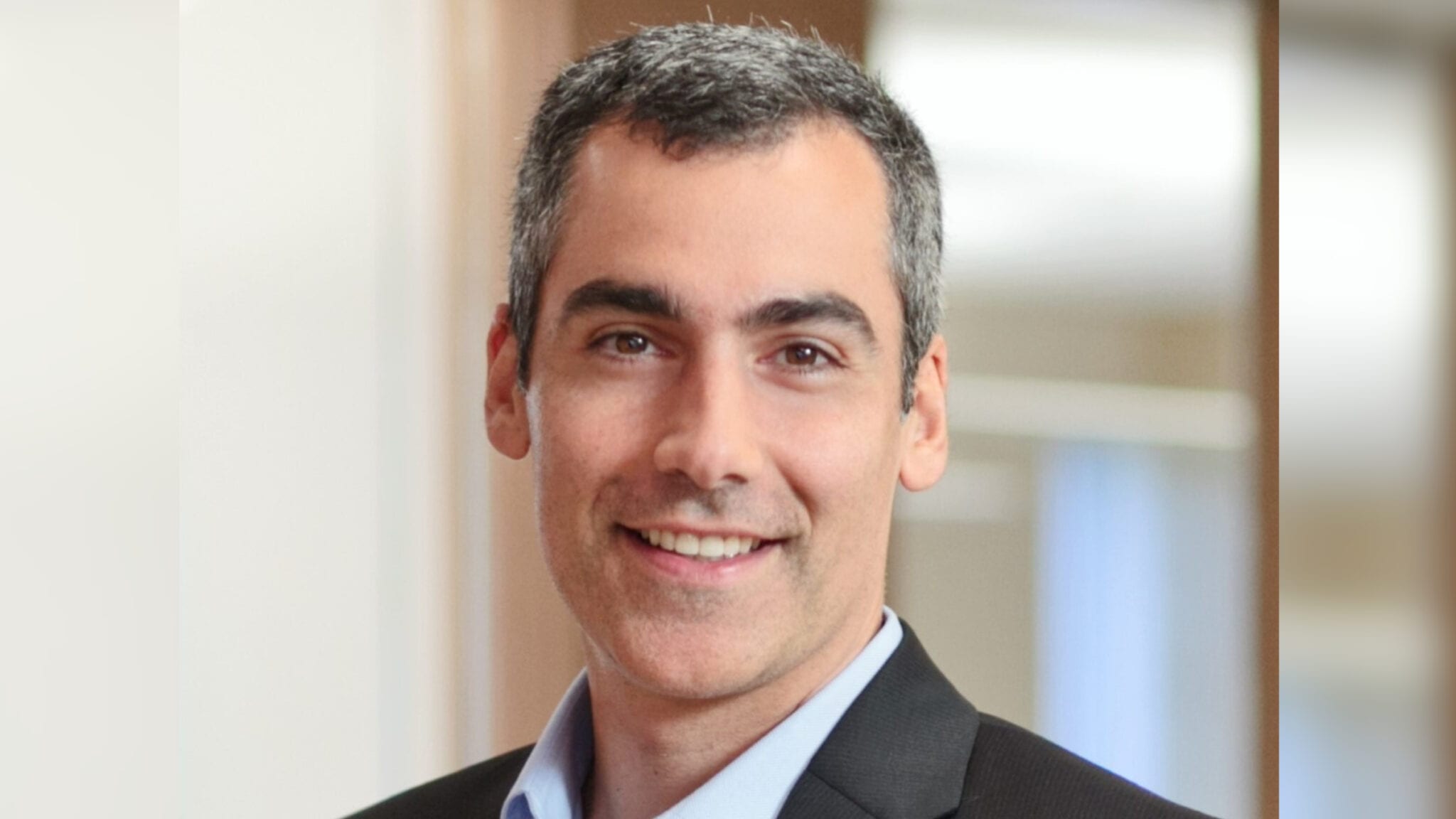
NK cell therapy player Artiva makes some more noise, pulling in $120M Series B less than a month after Merck deal
Not even one month after Big Pharma took notice of Artiva when Merck signed a collaboration worth nearly $2 billion in milestones, the off-the-shelf NK cell biotech already has its next big fundraise.
Artiva returns from the venture well Friday with a $120 million Series B round, money they will use to get their first program into the clinic and to file INDs for another two candidates. The raise marks the latest development in a rapidly expanding footprint for Artiva, which, in addition to the Merck deal last month, has now raised almost $200 million since its Series A last June.
Unlock this article instantly by becoming a free subscriber.
You’ll get access to free articles each month, plus you can customize what newsletters get delivered to your inbox each week, including breaking news.